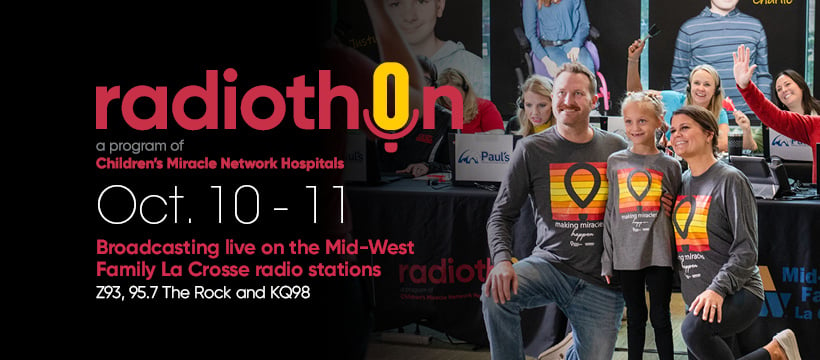3 Myths About Radio Marketing
Throughout my time in the industry, I’ve found the perceptions people have about what advertising really is, how it’s supposed to work, how it can be measured, and what is effective have varied wildly. I’ve heard a lot of different ideas and thoughts on the matter: some true, and some far from it. Here are a few of the misconceptions I’ve heard most:
1. “No new customers came in saying I heard your ad on the radio, so it must not have worked.”
When was the last time you heard/saw an ad, then walked into or called a new business, told the clerk what ad you heard/saw specifically, then made a purchase? It’s probably happened to you less than a handful of times, if at all, yet you make purchases daily. People are exposed to hundreds of ads across various mediums every single day, yet they respond immediately to very few and make note of the ad to the business owner even more seldom. Does that mean that the vast majority of advertising doesn’t work? No. It means in general, people will make a purchase when the time is right for them. That might be several weeks, months, or even years after they’ve been exposed to an effective ad campaign. What you’re selling or offering is in my experience the key factor in that timeframe. If you really want to know whether or not ads are working, look for things like month over month sales numbers, traffic differentials on Google Analytics, and sales relative to anything specific you might be promoting over several months.
2. “Business owners are my target audience, so they wouldn’t be reached on radio."
One of the things I hear fairly often from businesses who are looking to reach other businesses is that they don’t feel mass media is an effective way to reach their demographic. Using a very targeted medium to reach business owners can certainly be effective, but one of the biggest benefits I see from using radio specifically is that it differentiates your business using passive storytelling. That is, many ads reach and alter people’s perceptions of advertisers even when they aren’t really paying attention. It’s like the little voice reminding you of something while you were thinking of something different entirely. Business owners are people too, and they have habits, routines, and interests like anyone else when they aren’t working. A very targeted approach can be effective if timing is clutch or the aim is purely general brand awareness, but radio’s advantage is that a great :30 or :60 ad will help differentiate a business from it’s competitors by raising awareness of its exclusive value proposition.3. “Nobody listens to radio anymore.”
I’ve heard this one a handful of times and it’s usually tied to something like “everybody is listening to Spotify/Pandora/iTunes instead”. I’m always a little surprised that people actually think this. Car manufacturers continue making and selling vehicles equipped with traditional radios because they’re being used by their customers. Brand new radio advertisers continue to see success using this medium. In order for this notion to be true, nearly every vehicle on the road would have to have a radio that sits completely dormant throughout its life. Even people adamantly opposed to radio still tune in once in a blue moon. In fact, there are multiple studies that propose radio is still the dominant vector of reach for would-be advertisers. A study conducted by Edison Research in Q1 of 2021 found that 87% of all ad-supported audio listened to in cars was attributed to traditional AM/FM radio. Another study in 2019 by Nielsen found that Radio was connecting with 92% of Americans each week. Contrary to this myth, radio’s ability to reach the masses is one of its most redeeming qualities.
Want to hear a killer radio ad to promote your business? Reach out and let’s connect – I’ll put together a free radio ad for you to hear.





.jpg)
